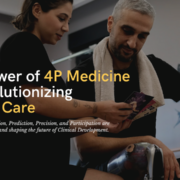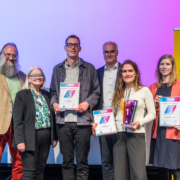As a Contract Development and Manufacturing Organization (CDMO), mAbxience is committed to advancing biologics production and to ensuring that patients receive life-saving treatments faster and with uncompromising quality.
ADVERTISEMENT
DFE Pharma, a world leader in excipients, has expanded into the biopharmaceutical market with its BioHale® portfolio, specifically designed for biologics.
The biologics contract development and manufacturing (CDMO) market is experiencing rapid growth and is dominated by global players with investments in large scale stainless steel capacity.
But is larger always better? Not necessarily says Celonic, a mid-sized, privately owned CDMO, who has been embracing next generation technologies to help small to large biotech customers bring their drugs reliably, effectively and efficiently to the market.
Download Hamilton’s comprehensive white paper and explore what PAT (Process Analytical Technology) means in Biopharma Upstream processes. Discover cutting-edge sensor solutions to effectively monitor critical process parameters and ensure product quality and reproducibility.
Austria has once again come a little closer to its goal of achieving the highest research and development rate (R&D rate) in the EU. Two thirds of R&D investments are made by industry, of which around 16% are made by foreign companies. Two current examples of investments in Austria from the life sciences sector are Novartis and Ligand Pharmaceuticals.
Sino Biological, a leading recombinant protein production company, is pleased to announce an expansion of its strategic partnership with BioGeometry, a pioneer in digital biology. This collaboration brings together Sino Biological’s advanced protein expression and wet-lab capabilities with BioGeometry’s generative AI protein design and optimization platform. The two companies aim to enhance their joint offerings and explore high-value market opportunities globally.
Antibody-drug conjugates (ADCs) are a new class of biotherapeutics, consisting of acytotoxic payload covalently bound to an antibody by a linker. Evaluating the pharmacokinetics (PK) properties of ADCs in preclinical and clinical studies is essential for their strategic design and successful development.
The subject of impact measurement is of crucial importance for cluster organizations as they continuously aim to enhance their support to their ecosystems with ever more innovative and efficient services. Therefore, the INNAXE’s consortium has recently developed a “Toolbox for Cluster Organisations” allowing them to easily benchmark their regions and monitor the impact of their activities towards their stakeholders.
In the rapidly evolving healthcare landscape, the concept of 4P Medicine—Prevention, Prediction, Precision, and Participation—marks a transformative shift towards personalized healthcare. This approach, refined over the last 15 years, aims to revolutionize how we understand, prevent, and treat diseases by focusing on each patient’s unique needs. The recent whitepaper by Worldwide Clinical Trials highlights the profound impact of 4P Medicine on clinical development and patient care.
440 participants discussed the defossilisation of the chemical and materials industry through biomass, CO2 and recycling. The audience voted for the “Renewable Material of the Year 2024”: Acetic acid from CO2 by Danish start-up Again wins 1st price.


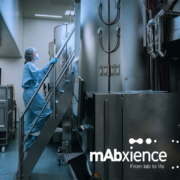
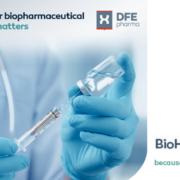
 2024 Cytiva, Reproduced with Permission of Owner
2024 Cytiva, Reproduced with Permission of Owner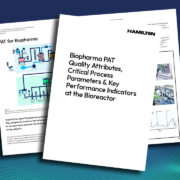
 APEIRON/invIOs
APEIRON/invIOs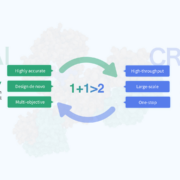 Sino Biological
Sino Biological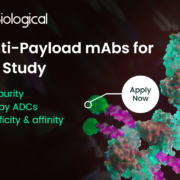
 BioRN
BioRN